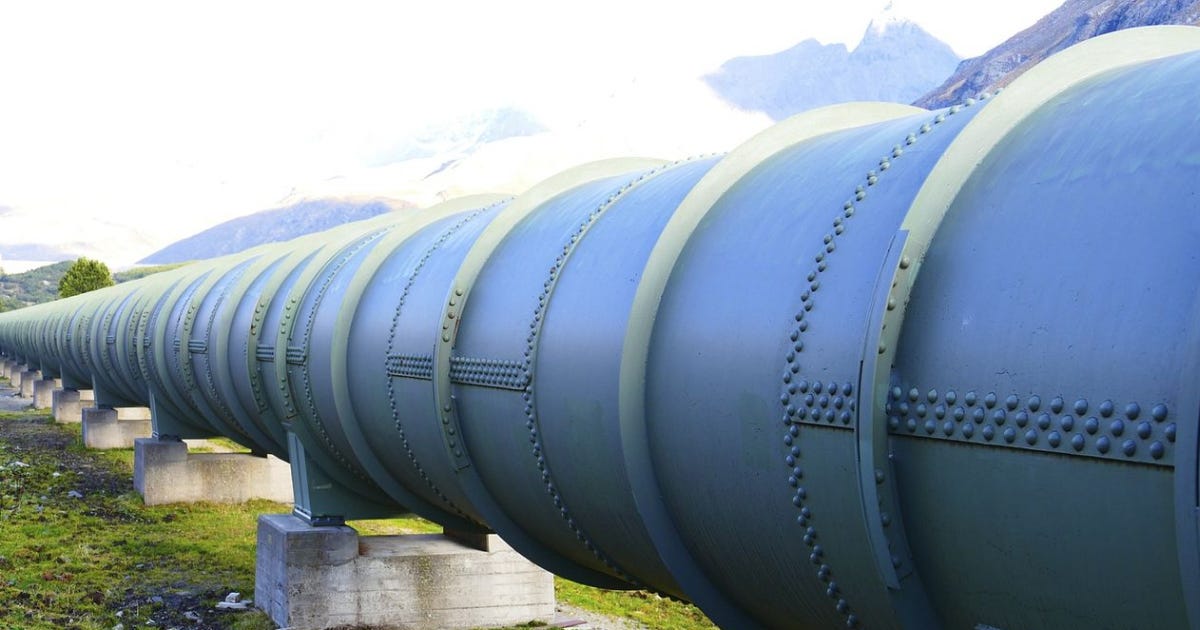Industrial carbon tax making life more expensive, says steel plant
The persistent industrial carbon tax continues to make life more unaffordable for Canadians, despite past claims from the Liberals that the levy does not get passed onto the consumer.
The persistent industrial carbon tax continues to make life more unaffordable for Canadians, despite past claims from the Liberals that the levy does not get passed onto the consumer.
While Prime Minister Mark Carney paused the consumer carbon tax in April, he chose to maintain the industrial carbon tax, despite its detrimental effects on the steel industry amid U.S. tariffs.
On the campaign trail, Carney told Canadians that the industrial carbon tax would not touch the wallets of everyday Canadians.
However, when cornered about it in an interview earlier this year, he admitted that they would be paying for it, but only a “marginal amount.”
Whether or not the amount is “marginal” for consumers, it’s certainly weighing heavily on the steel industry.
Conservative Leader Pierre Poilievre, a staunch opponent of the carbon tax in all its forms, visited a steel plant in Burlington recently to inquire about the effects of the industrial levy.
“Now Mark Carney says, ‘there’s no carbon tax,’ what do you say to that?” Poilievre asked StressCrete Group’s president, Michael Schwenger.
“There’s absolutely carbon taxes,” he replied. “There is a carbon tax on the cement we pay. There’s a carbon tax on the steel we produce, 100 per cent, it makes it more expensive.”
According to the company, it pays more in taxes to the Carney government as a result of the industrial carbon tax than it does to the U.S. through import tariffs.
“The other thing is get rid of the regulations so that we can actually ship product to Canada,” said Schwenger. “Our business should be 80 per cent Canadian, and we’re not because of the regulations.”
Despite industry claims, Carney has maintained that the steel industry actually benefits from the “value” of the industrial carbon tax and due to its predictability.
“The certainty around it encourages the types of investments that help companies such as Algoma leapfrog their competitors,” said Carney in April.
The prime minister gave the answer in response to being asked whether Ottawa would provide exemptions to industries impacted by U.S. tariffs.
However, Carney said keeping the tax would allow companies to “leapfrog” their American and international competitors, “and Algoma is on the cusp of realizing the benefits of these investments.”
“We don’t want foreign steel coming here that’s high carbon, right from Asia, from America. So we will have a carbon border adjustment mechanism that prevents that from happening and puts (Carbon taxed Canadian steel) in a stronger position,” he said while speaking at Algoma Steel Inc. in Sault Ste. Marie, Ont.
However, the Carney government gave Algoma a $400 million loan to help keep the steel manufacturer afloat last week. The Ontario government also agreed to put up $100 million.
While visiting the StressCrete Group plant last week, Poilievre called the continuation of the industrial carbon tax “another elbow down moment” from Carney.
“Hitting a great Canadian company here in Burlington, Ontario, with a Liberal carbon tax and other Liberal penalties making their products more expensive and less competitive,” he said.
“Let’s axe the entire industrial carbon tax so that we can bring home the production and paycheques to this country.”





Any tax makes like more expensive.
Carbon taxes are simply a virtue signalling money grab wrapped in warm-fuzzy Environmentalist BS.
Then again..
BS is what defines Carney and the Liberals.
The con man is just that, a lying con man, with a twisted brain. Any one who has an ounce of brains can figure that any tax added anywhere is passed on to the consumer. That is an insult to people with intelligence. But spoken truly from the mouth of a commie.